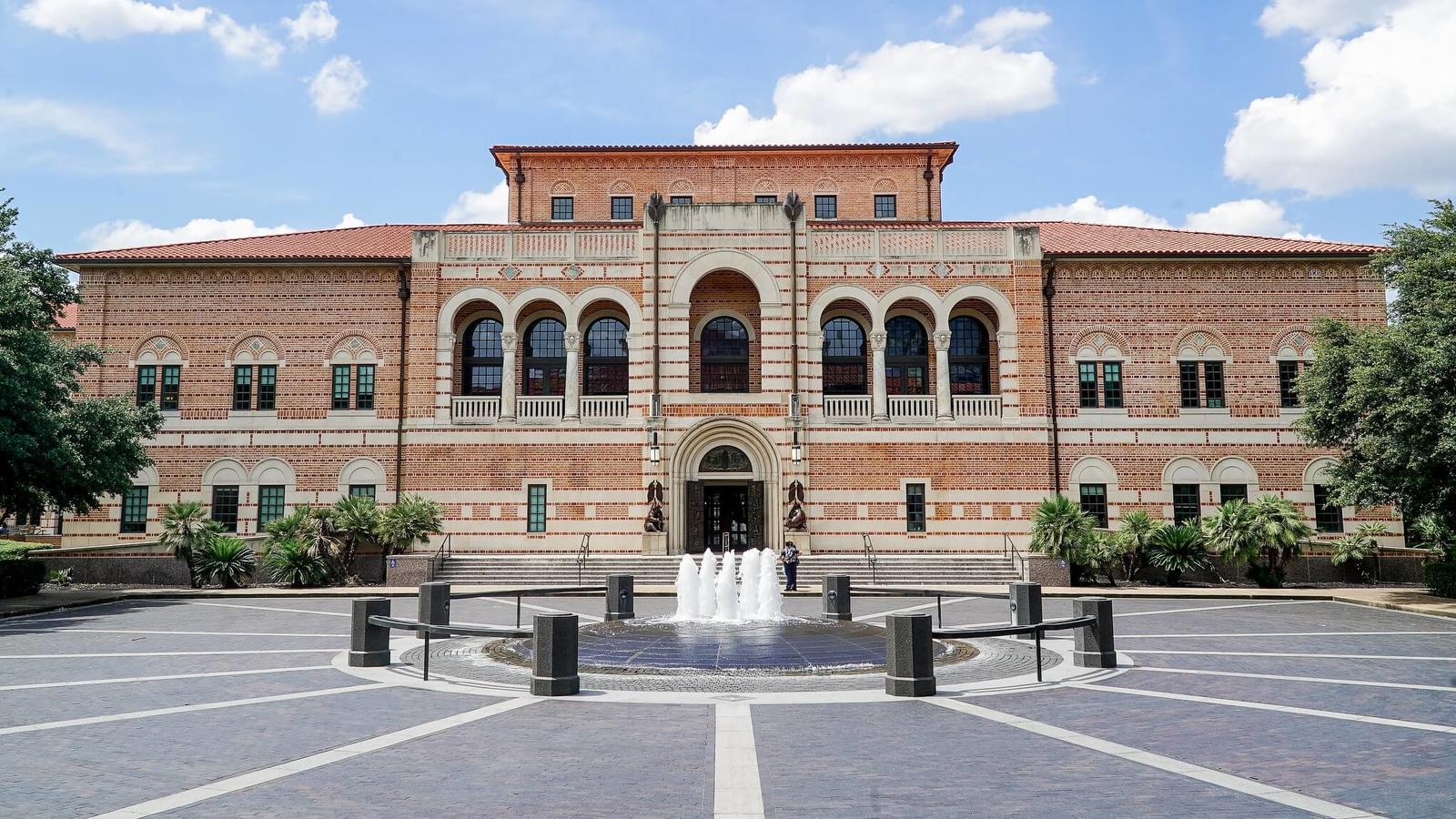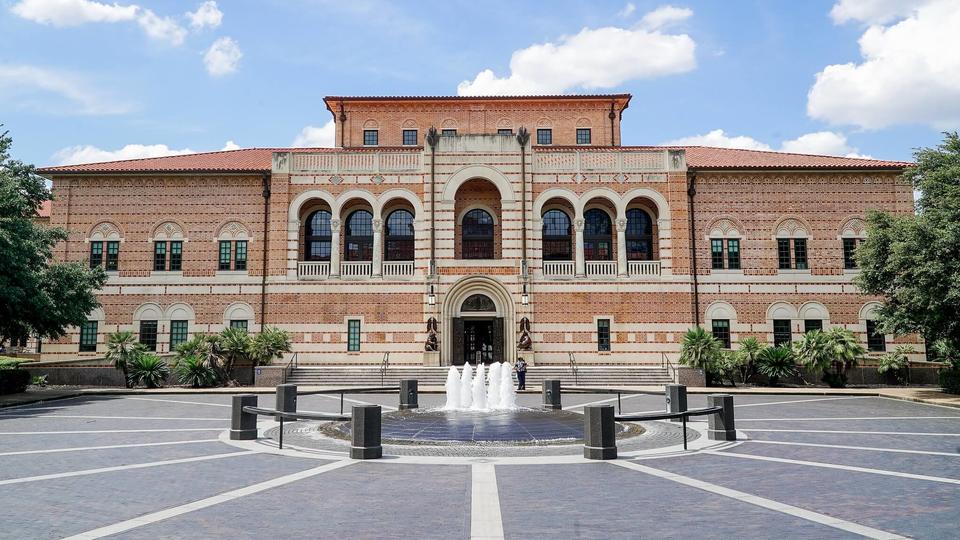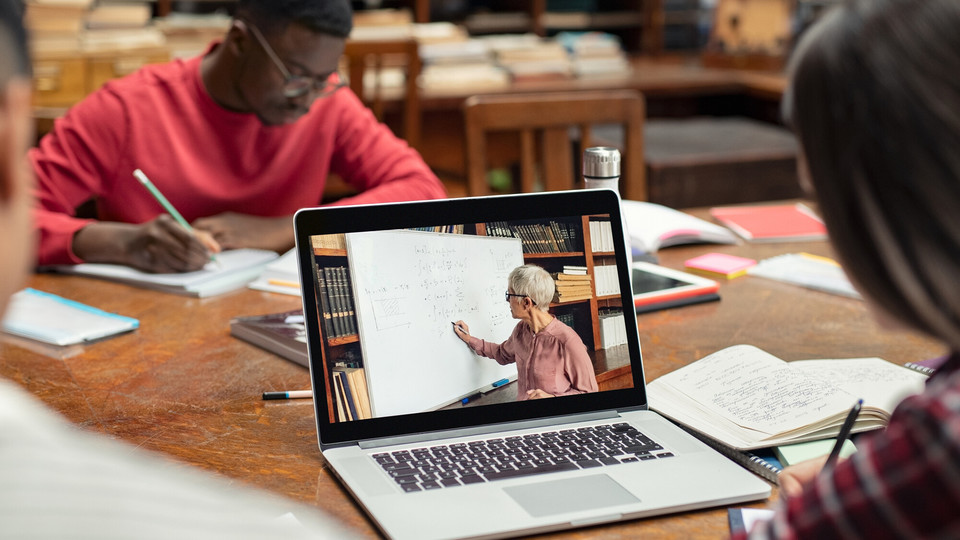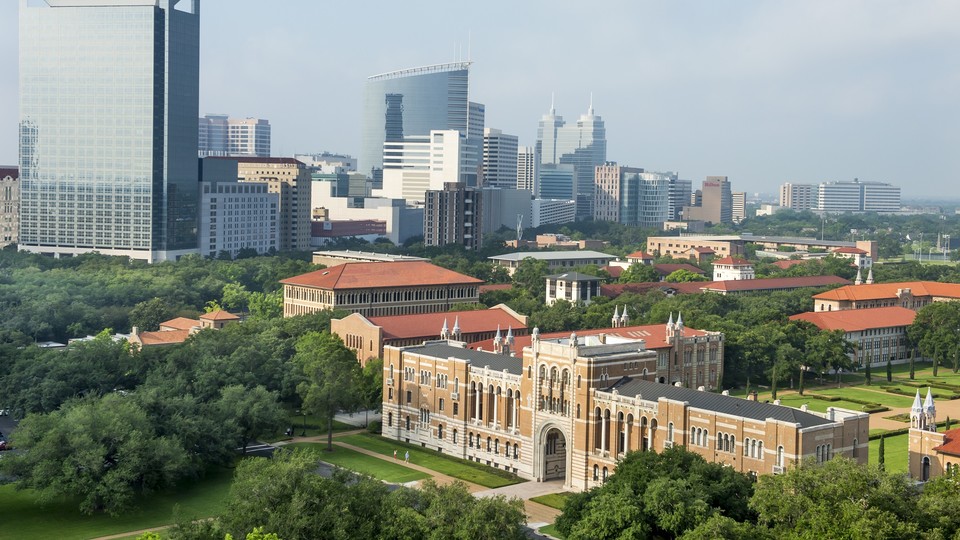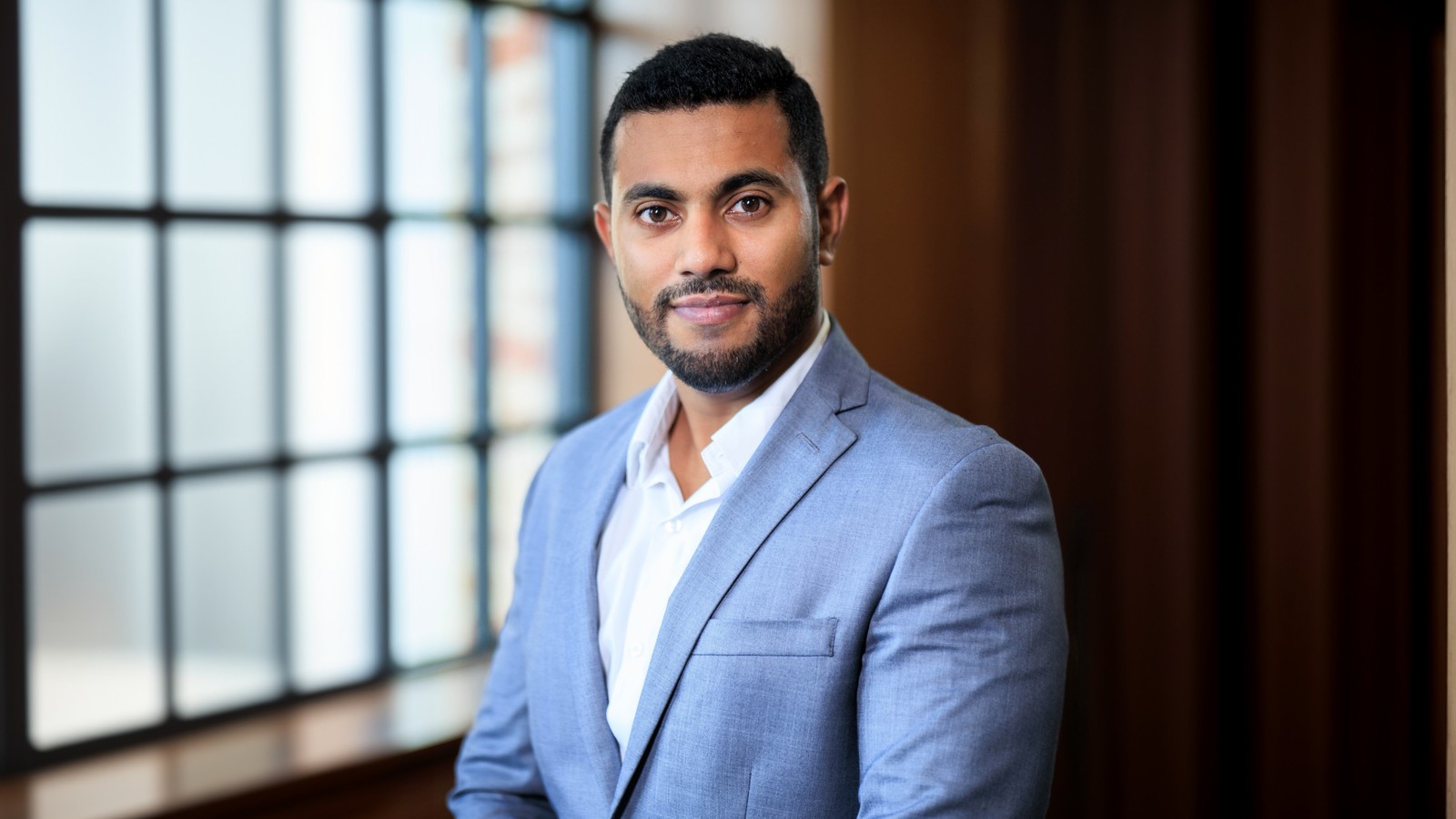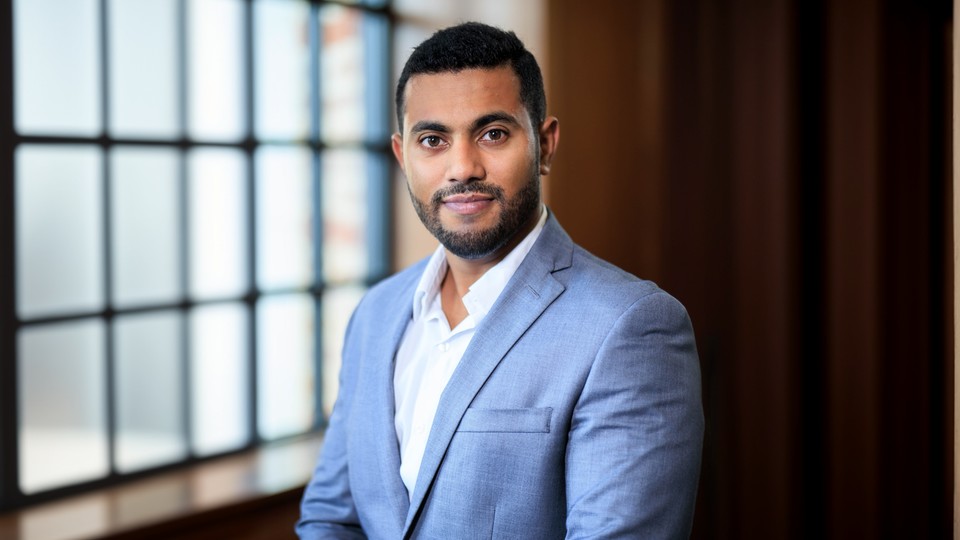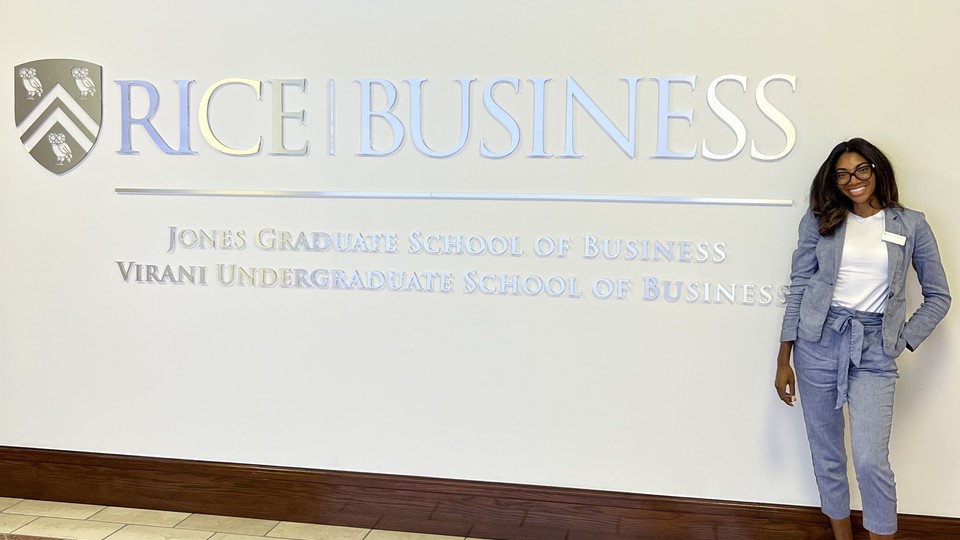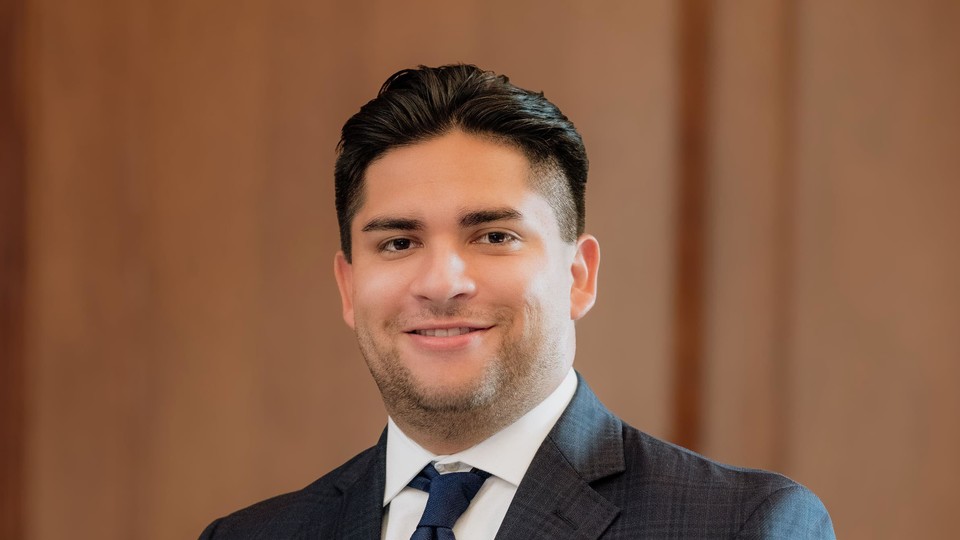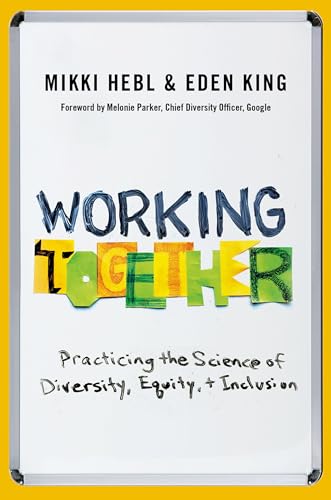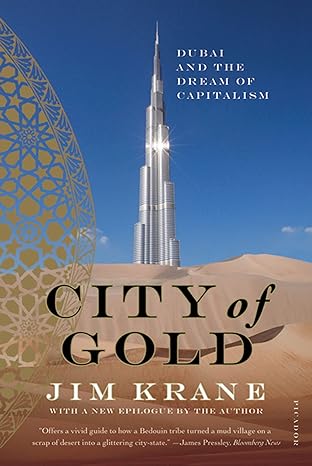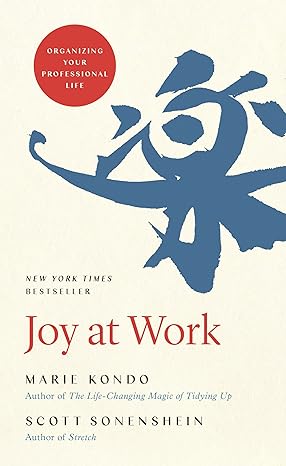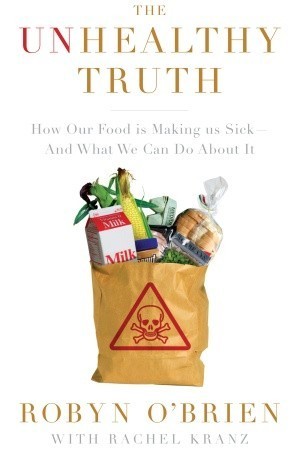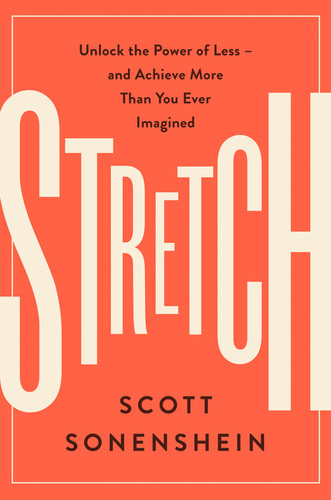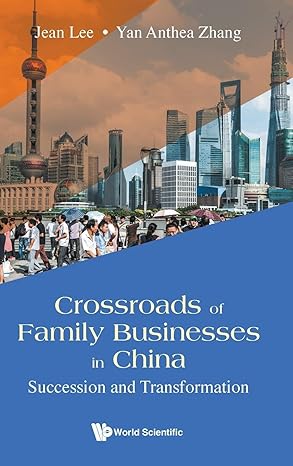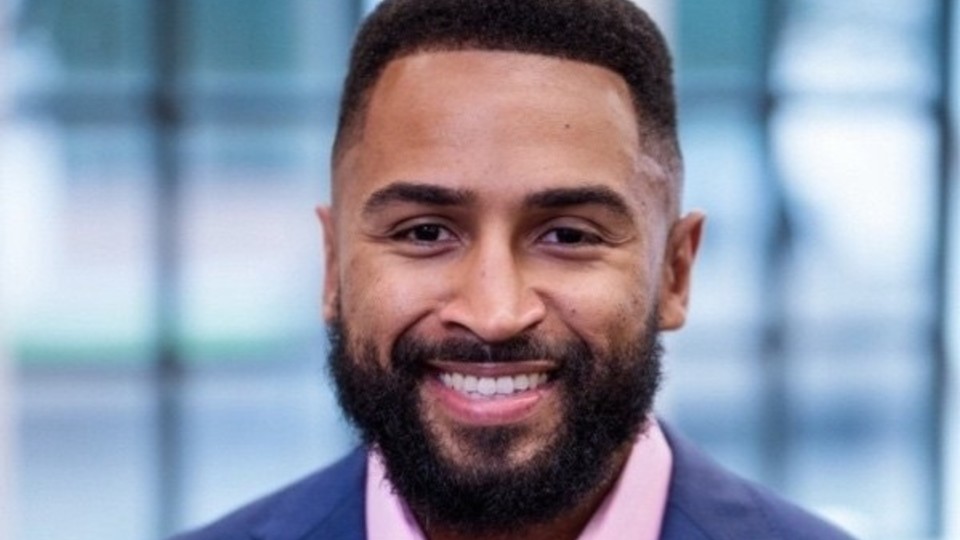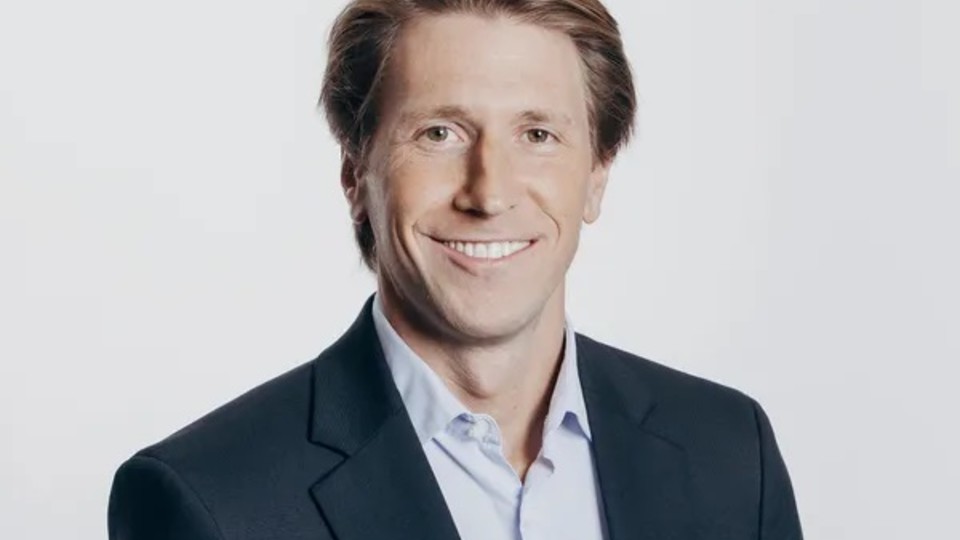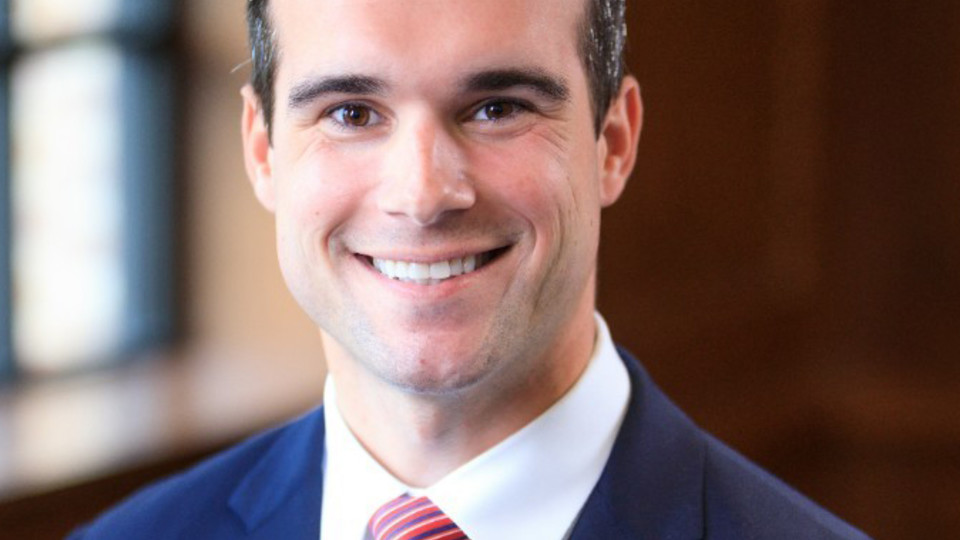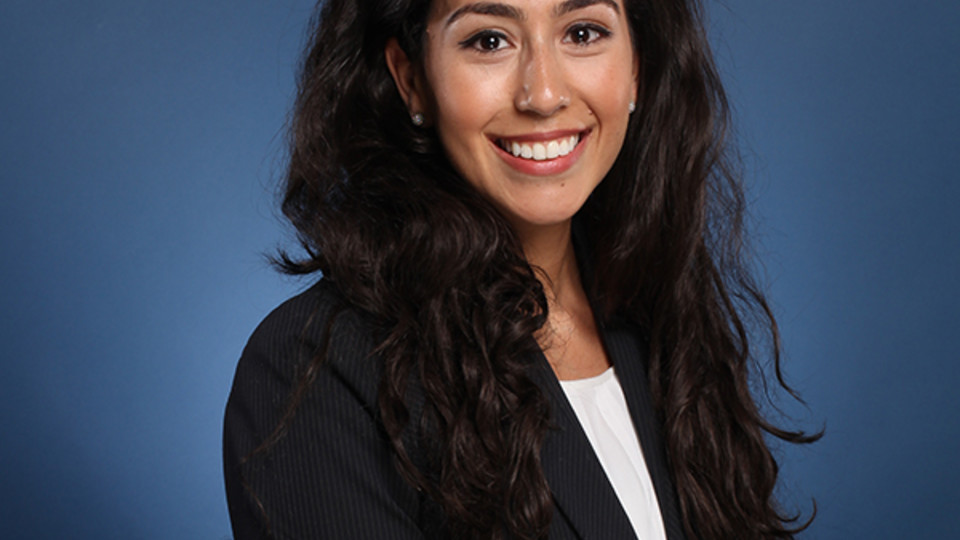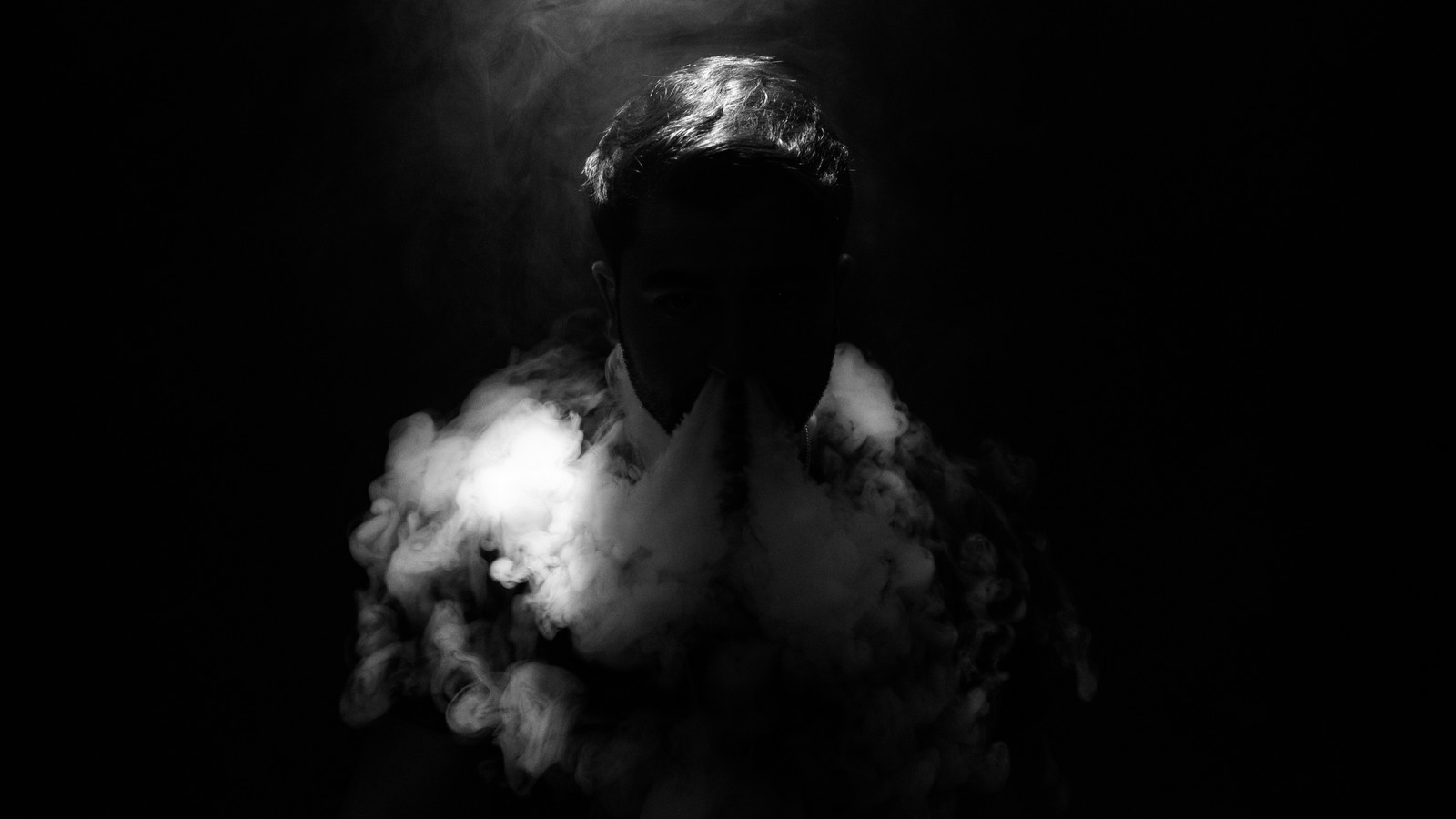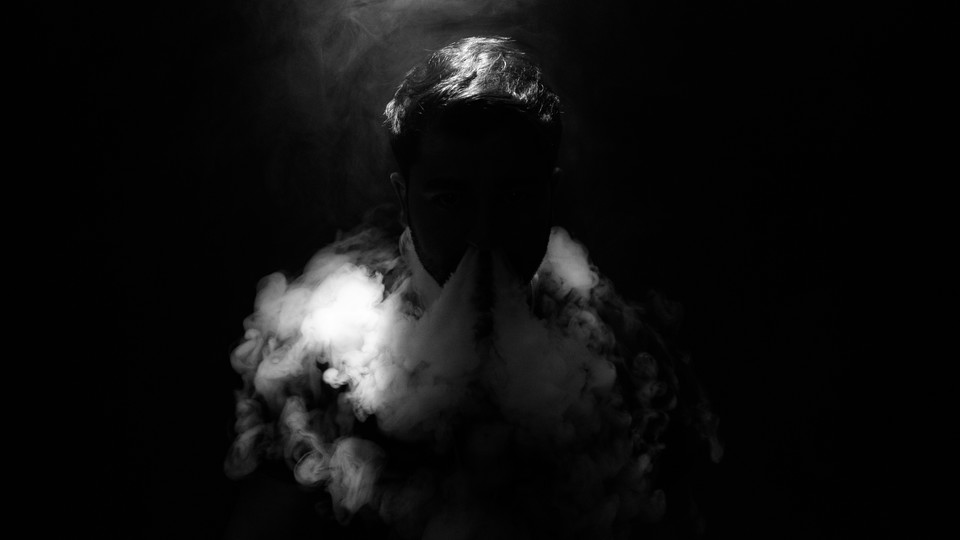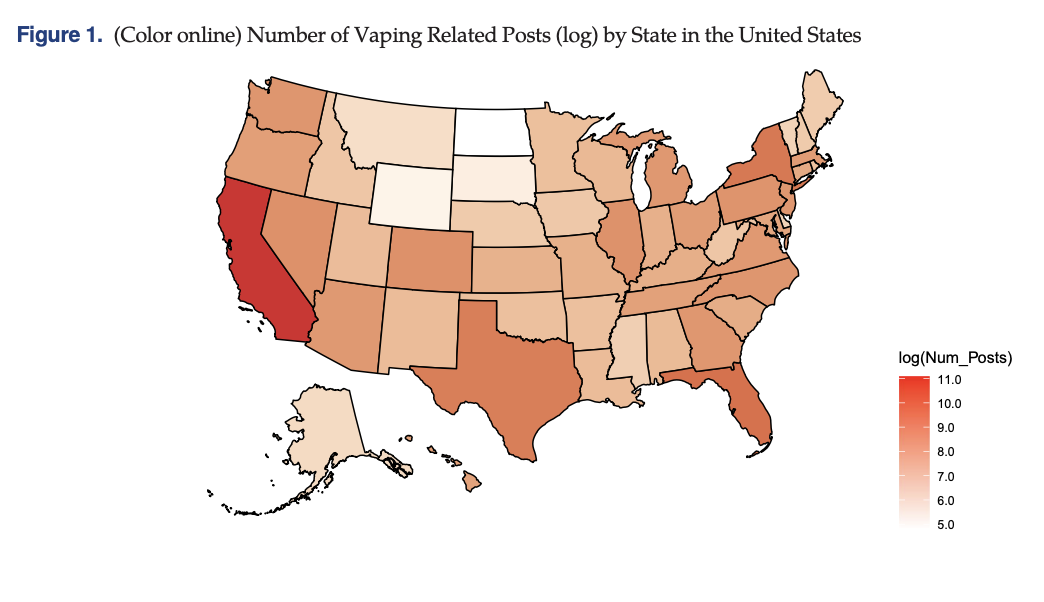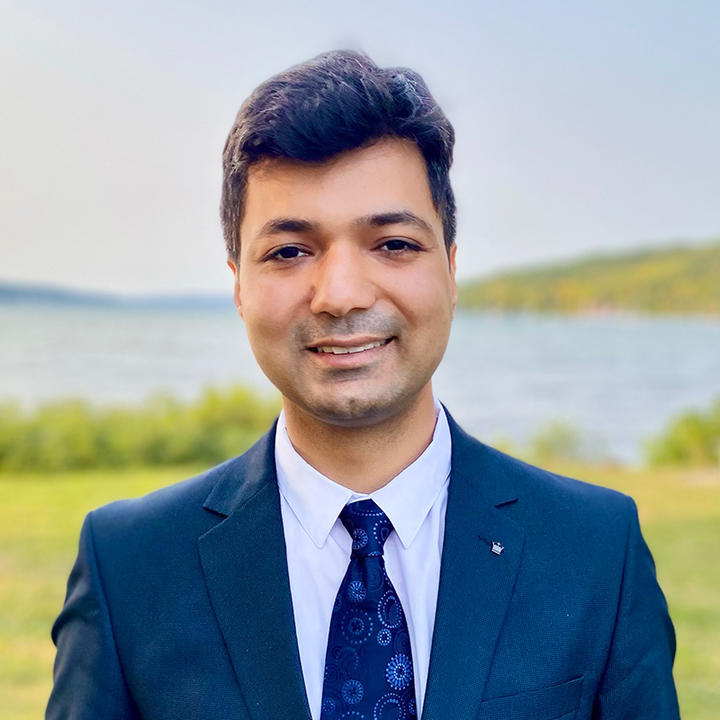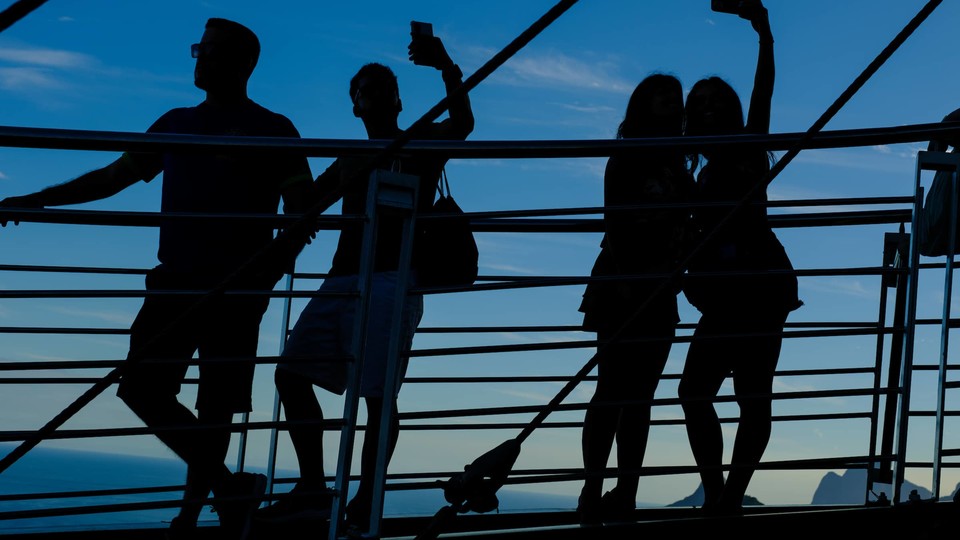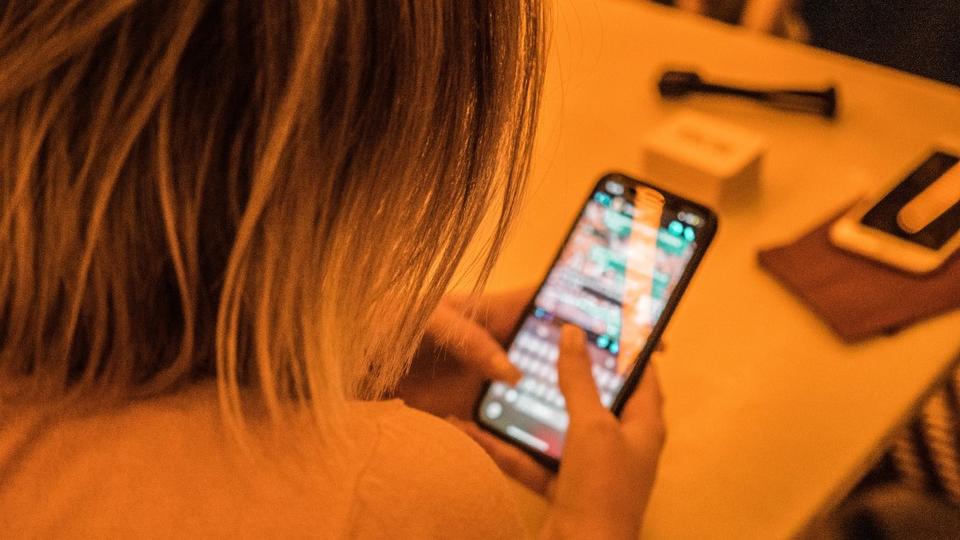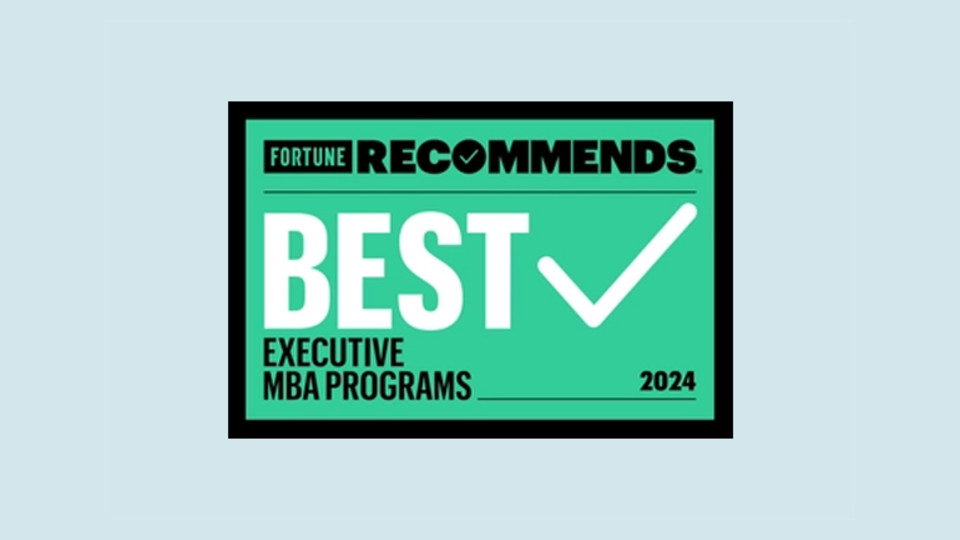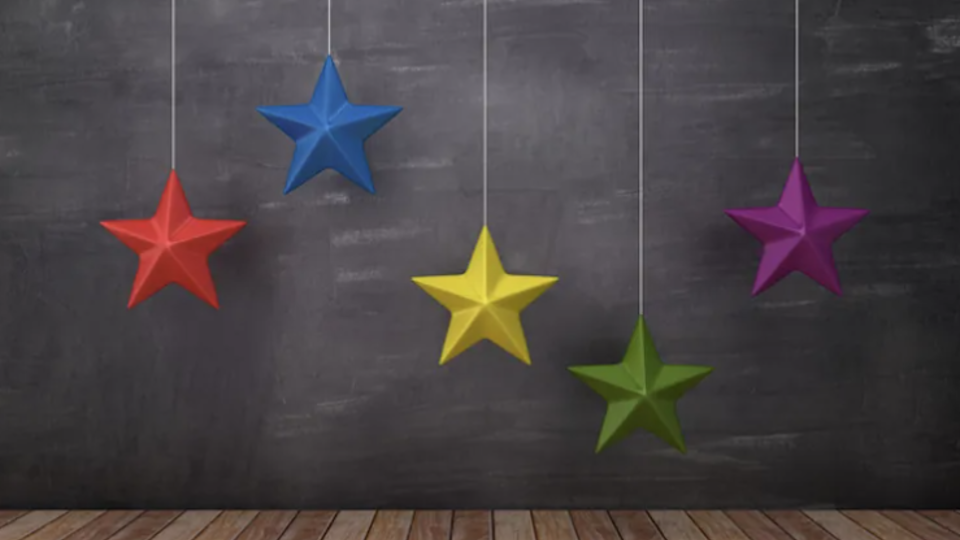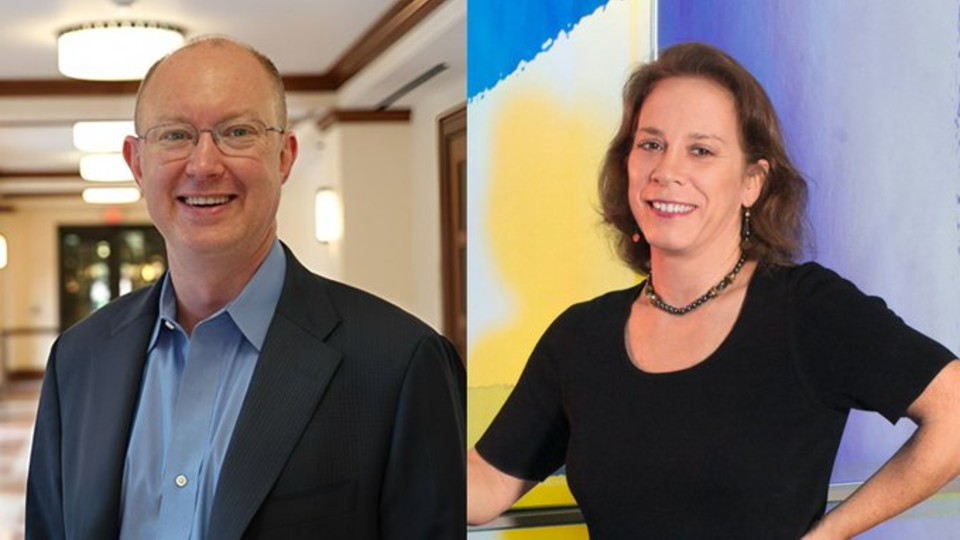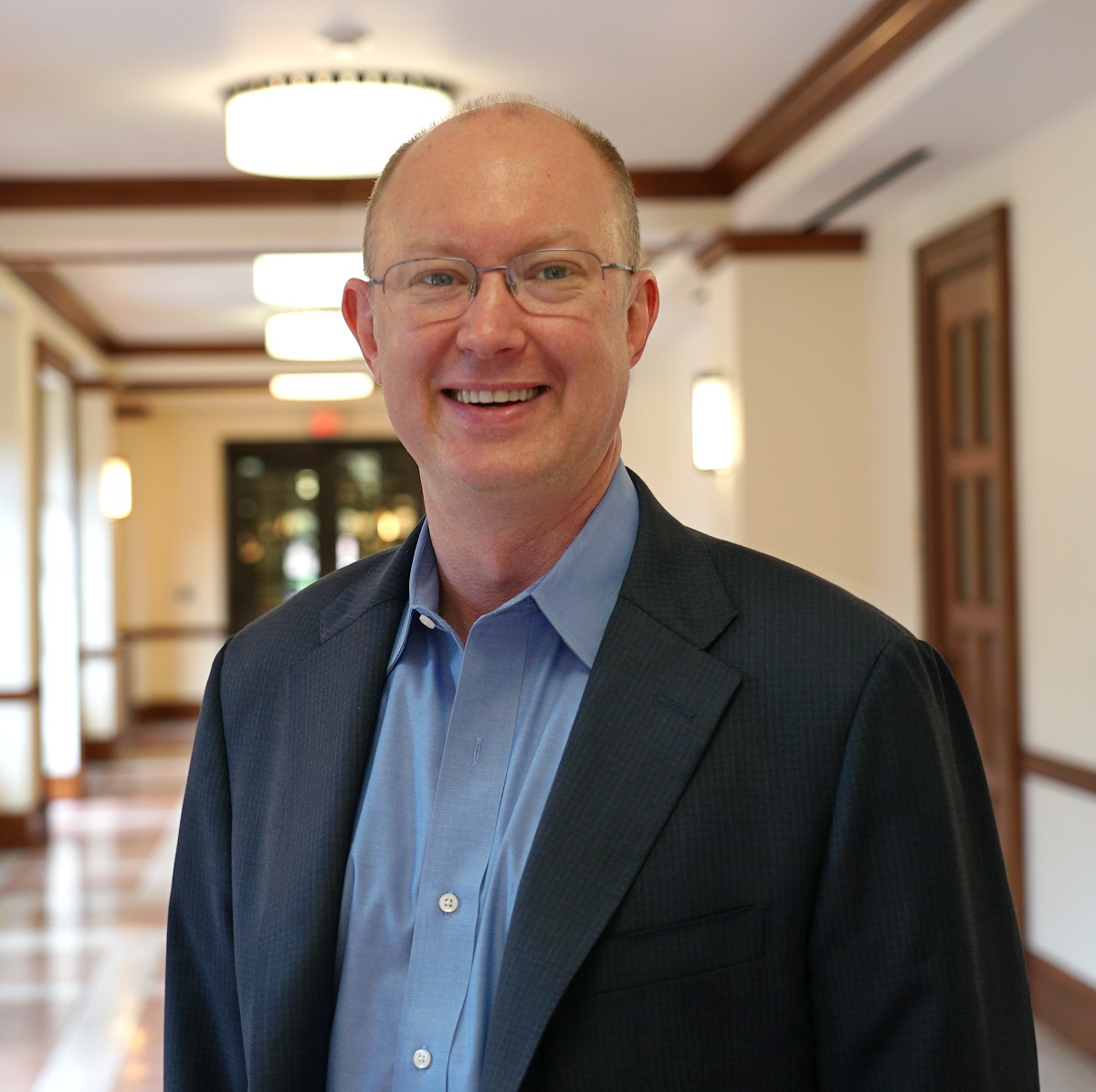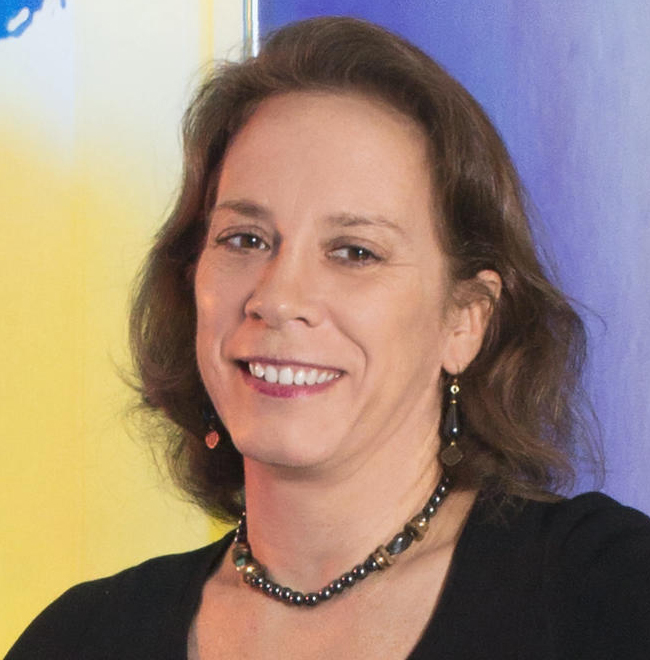[00:00]Maya: Welcome to Owl Have You Know, a podcast from Rice Business. This episode is part of our Pivot Series, where guests share stories of transformation in their lives and careers.
[00:11]Intro: DeRae Crane's life has been filled with the highest of the highs and the lowest of the lows. The U.S. heavyweight boxing Olympian, U.S. Army veteran, highly accomplished portfolio manager, and Rice Owl are just a few of his titles. But those don't come close to scratching the surface of who he truly is.
The heavy hitter is never one who settles for anything, as “regret” is not a word in his vocabulary. Join us now to hear a hero's journey of resilience, perseverance, determination, and focus, and learn what he believes are the key ingredients of a true champion.
[00:50]Maya: Hello everyone. I'm Maya Pomroy and your host of Owl Have You Know.
Our guest today is DeRae Crane, professional MBA from the class of 2022. Hey, DeRae. How are you doing today?
[01:03]DeRae: I'm incredible. How are you?
[01:04]Maya: I'm good. I'm good, but I'm going to be honest here. Making a decision of how to, like, appropriately introduce you was super-duper hard for me.
So, I'm going to try my best. to encapsulate a bit of who you are in the introduction you are first and foremost a Rice Owl, so we share that in common. You were raised in Davenport, Iowa by a single father. You're a boxer who started at the age of nine and have had a really phenomenal and illustrious career.
You're an Olympian for Team USA as an elite boxer. You joined the Army in 2008 and are a U.S. Army veteran who served our country in Afghanistan when you volunteered to deploy in 2012, and you also continued your boxing career while in the Army, you finished in second place in the 2016 Olympic boxing team trials with over 300 fights over 20 years.
You took some time off, you motorcycled through Southeast Asia, jumped out of a plane for fun. We have that in common, too. Got an MBA, are currently a portfolio manager at BP, a fun day job, kind of, seems, like, it's on the side. And, most recently, you came out of retirement to make another Olympic run in 2024.
And one of the most important jobs that you have is you're a dad.
[02:33]DeRae: Yes.
[02:34]Maya: So, I don't even know if that did you justice, but I don't even know, where do we begin? So, as I was sitting here reading about you, I was, like, you know, I think we're just going to start from the beginning. Tell me about your childhood growing up in Davenport, Iowa. How did you find boxing or did boxing find you?
[02:55]DeRae: Great place to start. Davenport, Iowa. Have you ever been?
[02:59]Maya: I have not, but should I go?
[03:01]DeRae: What about to Iowa?
[03:02]Maya: I have never been to Iowa. Tell me about Iowa.
[03:07]DeRae: You know, it's a, it's a wholesome place, right? Salt of the earth. The people there are wonderful human beings. peaceful, peaceful place. So, the peace is what brought my father there from the south side of Chicago. He grew up, you know, in a rough neighborhood, gang-affiliated, got himself into a bunch of trouble.
It was, like, I gotta get out of here before I end up dead. So, at 21 years old, he moved to Iowa because he liked it. It was peaceful. And, a huge contrast from what he was used to. And to this day, and he's been in Iowa for 50 years now, you know, when I mention Chicago, he just, you know, he, kind of, shudders a little bit just because of, you know, those were his formative years and the experiences that he had there just really had an impact on him that were negative of what I think of Chicago.
I'm, like, man, you know, Trump Tower and the Riverwalk and all these wonderful, beautiful places to eat and all the scenery. So, our experiences are just much different. So, first generation to be raised in Iowa. Davenport, Iowa. And I'm thankful for it because the boxing gym was seven blocks from my house. So, I still grew up poor, you know, just because it was peaceful didn't mean we grew up any better off.
My father was a high school dropout, but he did his best. He raised me and my brother by himself. And he was really committed. He was a committed father. And at no point in my life did I ever not feel loved, like, I always felt loved in abundance. I always felt close to my father. Even to this day, we talk every single day.
[04:35]Maya: I love that. Every single day.
[04:38]DeRae: Every single day, every single day, and sometimes multiple times a day. And fortunately, like I said, the boxing gym was seven blocks from my house. So, it was easy. One, it was inexpensive. So, I need, you know, some sneakers, some shorts, a mouthpiece, and I can box. It's a poor man's sport. But it gave me something to do…me and my brother to do after school, keep us out of trouble.
So, that's when my father took us there at eight and nine years old, until he got off work, just to keep us occupied, build a martial arts skill to where we could defend ourselves.
[05:07]Maya: Did he have a background in martial arts or in boxing?
[05:09]DeRae: He boxed a little bit, but it was just, you know, kind of, around the way. He grew up in a time where I just watched a bike rider's movie this weekend and at the end, I mean, you know, I'm not going to ruin it, but, know, they asked, you know, “fist or knives,” and my father grew up in that time, right?
Whereas, like, we have a disagreement, we're going to settle it, you know, it's two people in a civil manner with our fists, no weapons. Everyone goes home. That's the time my father grew up in. And so, it was very… it was different than a lot of the things that you hear today. But he knew the importance of, you know, being able to defend yourself.
He didn't fully appreciate the depth. because I think of boxing as a, I think it's scientific almost. So, it's not something where I'm, like, you know, tough and I'm upset and I'm, I'm mad. No, it's a science. So, it's physics, you know, that's…
[06:00]Maya: It's definitely physics. So, that's, like, a body in motion remains in motion until, you know, acted upon by an outside force. Yeah, I didn't do well in physics, but I do remember that.
[06:13]DeRae: All right. So, I see boxing that way, or I've done it for so long that I had to begin to see it that way as I got older and I started slowing down and I wasn't running on sugar anymore. So, I got to out-think my opponent. I can't, you know, I can't match them with strength or speed necessarily.
Yes. I can out strategize them. I've had life experiences that, you know, I can take them out deep and, kind of, sync them mentally. So, why I was so ambitious is just because I grew up so poor. I don't want to be poor anymore. And boxing was my way out and it exposed me to different things in the world.
Like, it was the first time I got to leave Iowa, we would drive to these tournaments, these competitions, you know, like, Kansas City was the first, like, time you really, or maybe it was Chicago and then Kansas City. And I'm like, “Oh, I'm traveling,” you know, a 10-year-old kid.
So, for the first year, we travel around Iowa and then you start getting better, you're qualifying for regionals and you're moving on to nationals. I won my first national title at 11 years old and I was hooked. Mike Tyson says success begets success. Absolutely. Because once you. Once you experience that, you're, like, okay, I want to do this again.
[07:19]Maya: Yeah, it's a fire. It's a fire that lights you up, right?
[07:23]DeRae: Fire was lit, I held on to boxing and I did not let go, held onto it tight, like, tighter than a lot of my relationships, my friendships, as it was the thing that was the most rewarding, the most fulfilling, it was, like, I could go put the work in and, you know, get the results back, get the benefits back. And it kept me out of trouble. So, that's always good. Kept me focused and disciplined. I didn't have much free time.
[07:47]Maya: Well, and also, you know, it is a sport just, like, any other sport. But, you know, I think that if people knew, like, you know, that kid could knock you out. So, probably shouldn't mess with him. It's different than being, like, a tennis player, you know, I mean, it definitely gives you some, gives you some clout of, you know, I should probably be on my P's and Q's with DeRae because he could literally knock me down.
[08:14]DeRae: That's, That's, certainly as, you know, as you come into, know, just speaking genuinely and authentically, into your manhood. It's one of those things where it's, like, no, I just, I think that's something a man should be able to do, you know, it's just very honest, very, like, primal even, but in a sense that it's, like, at our most basic, like, should be able to, you know, move around a little bit if I need to.
[08:37]Maya: Human nature.
[08:38]DeRae: Yeah, and I would never, you know, never harm anyone.
[08:41]Maya: No.
[08:42]DeRae: That's not what folks, like, you know, once you get to a certain level, you know, you don't even think those, those terms really, but you do, you know, you are looking around the room and just seeing what you would need to do to get out of there. And that's probably some of the military background as well that it's, kind of, mixed in there.
[08:56]Maya: So, let's talk about that. So, boxing was really your ticket to college. you got a full scholarship for boxing. So, And you had some really incredible mentors that helped lead you on that path. So, tell me about your time in school. You went to Northern Michigan University, for boxing, home to the United States Olympic Education Center.
[09:16]DeRae: Yes, you know, as I started thinking, I have an article from February of 2000, I was 14 years old. I hadn't turned 15 yet. And, you know, I made the goal. I want to go to college. I don't want to be an Olympic boxer and I'm looking around me. I'm, like, well, how do I get there? What do I need to do?
What do I have available to me? I'm just, I'm thinking, thinking, thinking and we used to get this quarterly magazine from USA Boxing that had all the rankings in it and, like, articles and about certain athletes and, like, their stories and I was, like, okay. Well, there's Al Mitchell and Northern Michigan University NMU and the top 10 guys, there are three guys from NMU, like, every weight class.
I'm, like, well, that's where I need to go. That's where I need to be. and in 2000, I think they put three or four guys on that Olympic team.
[10:02]Maya: So, tell me about Al Mitchell. Tell me about, tell me about your coach.
[10:06]DeRae: I was trying to think about when I first saw Al Mitchell, and it was at the 2000 National Junior Olympics, they were in Marquette, Michigan.
I saw Al working someone else's corner. That's, like, the only time I ever saw Al. And I was in my ring doing my thing, competing, and I think I made it, I made it to the medal round. So, I placed third, got a bronze medal at that tournament. But I never spoke to Al, right, as a 15-year-old kid. I did not speak to him, didn't walk up to him.
And there was some action going on in my ring, and I was standing in the corner, in a neutral corner, as, you know, the ref was counting on my guy. So, I was looking. He was, like, you know, what's going on over here? But never spoke to him. And it wouldn't be until I graduated in 03, I had applied to NMU, gotten in.
I think I applied to, like, NMU, Iowa state and an HBCU in Missouri that no longer exists. and I got in, did a little dance in my dining room because, Hey, I'm going to college. but I have no idea how I'm going to pay.
[10:59]Maya: What'd your dad say?
[11:00]DeRae: He was like, “Oh, that's cool. That's wonderful. I'm proud of you, son.”
[11:05]Maya: He was, he was cool as a cucumber. He's, like, okay, cool.
[11:09]DeRae: Right. Right. He's, like, you know, okay. And I had gotten pretty good grades in school. And it's not like we ever had any conversations about what a career looks like, you know. It's like, my father's just worked a bunch of odd jobs over his life.
I hadn't really built much of a career, done a whole lot of traveling or seeing a whole lot of the world. He just was, you know, focused on raising his boys and doing the best he could with what he had. And at the time I had, my godmother was really active in my life and really supportive of things that I wanted to do.
So, she, you know, had a government job, retired from the government. She, kind of, understood what that trajectory looked like, and then the importance of education. She was very supportive, gifted me a 1999 Toyota Corolla. We packed it up. And she was just proud of me for coming from where I was coming from. knowing, you know, the ends and odds of everything that we had been through as a family, and was just very supportive, so, thankful for her. You know, they dropped me off, they took off. I'm sitting in my dorm room, like, I don't know how this is going to go,
[12:07]Maya: I don't think that's you. I think that's everybody that goes to college. You're just, kind of, sitting there and you're, like, “Now what?”
[12:14]DeRae: Not even, “Now what?” It's, like, well, I need to figure out how to pay for this stuff, you know, I don't think I'd ever heard of FAFSA or knew anything about loans or, yeah. I mean, this was 2003. So, you know, times were a little different and information wasn't so easily available. I think we're still using, like, MapQuest, you know, we're still, like, printing off directions.
[12:32]Maya: Yes! I was talking to another friend about MapQuest the other day, that's funny that you brought that up, I was, like, I don't know, our kids are so, like, you know, so fortunate, they could just put it in their phone and it'll just tell you where to go, we're over here with, like, MapQuest trying to make, like, taking off the printer paper, you know, the little side perforated pieces that you needed to print out.
[12:53]DeRae: Yeah, I left the directions in my glove box, like, back and forth between Marquette, Michigan and Davenport, Iowa. And then I was dating a woman in Cedar Falls, Iowa at the time. So, I had those directions in there as well. So, like, the following day after my godmother and father left, I went and talked to Al. And we chat, first conversation. And Al is amazing. Because he's seen so many DeRaes, you know, so many young men with potential. He's seen so many, so he's always open to sit and talk and chat and just see where you're at, right? He has really good discernment. He knows, like, kind of, who's who, by talking to you, right?
He can size you up. He's from North Philadelphia. A self-proclaimed, you know, he worked for the mob at some point in time, you know, he's, he's, kind of, a gangster dude, you know, who has those instincts. He's not a big guy, but he's a smart guy, he's just a caring and loving guy in his own way.
He never takes anything personal. He's never malicious when he speaks. So, we chatted for a little bit and he said, “Come back the next day with all your gear, you know, your headgear, your protective cup, some gloves, mouth piece, and I'll get a look at you.” And because there was a, there was a young man training there that was also, like, trying to do what I was doing, trying to, like, walk onto the team.
So, he was already there. I mean, he had about 40 pounds on me. So, we, we, you know, next day I show up, I mean, this is after a night of tossing and turning. I don't know that I slept. This is my moment to, like…
[14:21]Maya: Some pressure.
[14:22]DeRae: Yeah, you know, if this goes well, I can see, like, life getting good. Because it just never stops. And then if it goes bad, I guess I'm going home, kind of situation or I'm going to have to take out a bunch of loans.
[14:33]Maya: Yeah.
[14:33]DeRae: So, show up the next day, you know, we do, like, three rounds. I hold my own Al says, you know, come back, come back the following day. You need to, you know, there's the bureaucracy, he's got to run it through the chain and I didn't understand at the time. So, come back the next day and he offers me a full scholarship.
[14:52]Maya: Wow. What did that feel like?
[14:56]DeRae: A huge relief. I can make something of this, like, I'm making something from nothing. That's what I'm doing. I'm doing it with my two hands, basically, is what I'm doing, and the meat between my ears and the willingness to take a risk, right, because I'm eight hours from home. Who does that? Yeah, I've always been willing to step out and you have to and you're going to get scuffed up and then you learn that's okay.
[15:21]Maya: Well, you need that, that kind of resilience and mental toughness. And that's what sets you apart. So, you made the team, right?
[15:31]DeRae: Made the team, as a walk-on.
[15:32]Maya: That's amazing.
[15:34]DeRae: Wasn't even recruited. Everyone else, basically, everyone else had been recruited, you know, previously, and I'm just some guy from Iowa. I remember Al saying, you know, you're very green, very green, but, you know, you're tough.
[15:45]Maya: Well, then, malleable, right? Like, that's the… he could, he could, you know, that's great. You got a blank slate. What were you studying?
[15:52]DeRae: Marketing. I chose marketing. And I didn't change. I wasn't one of those people who changed their major. I got to leave here with something. “Well, Denzel had that…” I'm leaving here with something.
[16:08]Maya: So, you graduated with a marketing degree and…
[16:12]DeRae: Well, I did. I did. But let's just… that second year, I was a team captain. Because after that first year, right, walking on, getting beat up every day, we had a national tournament in, like, May of ‘04. And that's after, like, you know, winter break. I wanted to quit. I wanted to quit. It was just too tough. You're waking up at 5 AM, rain, sleet, or snow. You're running. You're training. You're doing, you know, all the strength conditioning, and then you got to get to class. And it was just hard. Hard, cold, lonely. You know, there's not a ton of diversity there. Your teammates are all… you know, they all, kind of, know each other because they run in the same circles being that they're all, like, you know, top 10 ranked guys. And then I'm just the guy from Iowa. Walked on, doesn't go out. You know, I don't hang out. I'm in my room. I'm studying. I'm getting to class. I'm doing all the things that I think…
[17:00]Maya: Should be doing.
[17:01]DeRae: That's what we should be doing, guys. So, you know, maybe a bit of an outsider.
[17:06]Maya: And you became the captain? How'd that go?
[17:09]DeRae: Yes. So, you know, it's just a performance piece, right? Who can deliver? So, we had a national tournament in 2004 and I was the only one that won live on NBC by first-round knockout.
So, you know, given that just I was doing all the things, I was modeling all the behaviors the coaches wanted to see, down to winning. And, you know, I was named team captain that second year. And of course, you know, it went well. I can do all the things. They can't do anything but respect it.
[17:37]Maya: That's right. You earned that respect.
[17:40]DeRae: There you go. That's right.
[17:41]Maya: So, second year, team captain. And then what drove you to think, “You know what? I'm going to go to the Olympics and I'm going to be on the Olympic team?”
[17:51]DeRae: That's what we're there for. We're there to be Olympians. And I told you, like, NMU had four of the 12 Olympians in 2000. So, it had, like, a history of elite guys. But as I started learning more and understanding more, there's a huge trade-off that takes place.
Dave Reid won the Olympic gold medal in ‘96. He was a world champion as a professional, but, you know, it breaks my heart, you know. He didn't graduate high school, so he's on the other side of the spectrum, right? He wins the gold medal. Like, it's one of the, I don't know, one of the most amazing Olympic moments in history.
You can go and check this out on YouTube, Dave Reid winning the gold medal. You know, he's down, he's losing, but he knocks the Cuban out, stops him, wins the gold medal. Amazing. It's like, I wanted that. That was when my Olympic dream was born, actually, in 1996, watching David Reid win the gold medal. And then he was trained by Al Mitchell.
[18:46]Maya: Ha.
[18:46]DeRae: Dave Reid ended up training me for the tournament I won in 2004.
[18:50]Maya: Ah.
[18:51]DeRae: So, it was, like, we all were getting, like, connected. It was really cool. So, you know, after 2004, I was like, “Man, I think I can really… man, I can really do this.” But there's a tradeoff. So, it's like, I still want to graduate, though.
[19:03]Maya: Hmm.
[19:04]DeRae: I still want to get the grades. And it was just hard. You're traveling, you're missing a ton of school because you're always… you know, Team USA has you all over the place.
[19:11]Maya: How did you manage that?
[19:13]DeRae: Barely. Barely. That's what I tell people when they ask me how I did it or how I managed it. Barely. And you have to accept that. Barely is okay.
[19:24]Maya: It's good enough.
[19:26]DeRae: That's good enough. That's good enough. I can barely do this. I'm barely holding on. And sometimes all you can do is hang in there.
All the blood, sweat, and tears and sacrifice, which is, like, you know, if I sacrifice… because every, like, media piece about any fighter is, like, oh, the sacrifice, the hard work, the dedication, they always show that part. They never show all the, like, the dumpster fires behind the scenes. You never learned that until, like, they're in the hall of fame and, you know, they're coming back to talk about it, they're trying to package it nice and neat, and, you know, they're trying to sell it. Everyone loves that story. They don't want to hear about all the garbage that's happening behind the scenes, necessarily.
[20:05]Maya: The garbage is what you need in order to get to where you need to be, like, to rise, right? Like, if you don't have any of that, you're not going to get to where you're supposed to go. It's part of that character-building.
[20:18]DeRae: I hate it. I hate it because you have young people who only see the nice, neat packaged thing, so they are ill-prepared for all the junk that comes along with it.
[20:27]Maya: With anything in life, yeah.
[20:29]DeRae: With anything in life. It's, like, hey, let's have a little more honesty here, okay? I just barely did that. Like, what's really… I didn't succeed or achieve this thing because I'm so great. All right. Here are all the variables that I built that on. All right. Here's everything that happened. Here's the people that were in my reference group. Here's people that were in my sphere of influence. This is why I was able to do this. It's not because I'm absolutely amazing. It's like, I, kind of, got… I got a little lucky. I need a little luck in there.
[20:57]Maya: After those Olympic trials where you did not, you know, you didn't have the result that you wanted, and you had to deal with mental health, depression. Tell me about how you navigated that, because that was probably something that was new for you.
[21:12]DeRae: So new. I knew that I would be okay about that. So, I started there, and I would just take it day by day. I think I ballooned up to, like, over 200 pounds. And I boxed at 178 at the time. So, I was, like, the biggest, the heaviest I'd ever been. And I remember putting aluminum foil on my windows because it really helps keep all the light out.
And I would just drag myself to class. I was like, I just have to hang in there. And I also had Al who, you know, he sat down and talked to me. And I could just always tell Al cared about me. And he would always check in on me. And also, my teammates and my father, my godmother, you know. Like, there was a tribe of people, a small tribe of folks around me that helped me get through that.
But most importantly was my son's mother. I met her in a class. So, that's my senior year, and I was a fifth-year senior. I dropped a class my freshman year, a health class. It was, like, a half-a-credit course because it was too early. And I had to take it…
[22:12]Maya: It was too early in the morning?
[22:14]DeRae: It was too early in the morning. It was, like, it was an 8:00 class. And I'm, like, up at 5:00, trying to get my morning workout in. I got to get, I have to go swim. I think it was a swimming class I dropped. And there was my son's mother who was like a ray of sunshine and just the most positive and loving, caring, and kind human being that I, to this day, that I've ever met. And she was familiar with…that there was a boxing team on campus, you know. And then, eight months later, we were pregnant. So, it went well. And she was, like I said, a ray of sunshine in my life and helped me really get over that, you know, that dark spot.
[22:48]Maya: Yeah. And then you decided to join the military, the Army.
[22:54]DeRae: I did! I did decide and thought long and hard about it. No one that I know in my family had ever served.
[22:59]Maya: Why did you want to do that?
[23:01]DeRae: Well, there are a couple of reasons, you know, and it involves… part of it involves the legacy. And I'm going to be a father and I'm thinking, well… and I've always been, like, a long-term thinker. I think that, kind of, comes through in, like, my willingness to take the risk. It's, like, well, there's a bit of a gap, but the only way that I can bridge that gap is, like, I got to step out. And I'm going to get scuffed up along the way, but I think I'll be okay, like, as long as I'm in one piece. And I keep moving forward. Sometimes, I may have to take a knee, and I'll get back up and keep moving forward.
So, I had a son on the way. No one in my family had served. I wasn't ready to work in a cubicle. And the Army also has what's called the world class athlete program, WCAP. So, that's probably the second best team in the country at the time. Yeah, they would, they may argue that they were the first best team. I had a couple of losses against one of their athletes, Christopher Downs, who ended up being my coach last year for some of my competitions. So, it was really great to connect with him on that. So, WCAP gave me the opportunity to continue to pursue my Olympic dream and also do some really cool things, as I'm thinking about becoming an Army officer and, kind of, understanding what that track looks like. So, I was excited about it.
[24:13]Maya: What made you explore that option?
[24:16]DeRae: Basheer Abdullah was the head coach of the Army's World Class Athlete Program. Al Mitchell was, like, you know, the OG, where USA Boxing would send all the elite coaches to Al for mentorship. And Basheer and Al got really close, their coaching styles are very similar. And Al got wind of it. Actually, it was Ron Sims who introduced me to the idea, the thought, the concept of even joining the military.
So, you know, I guess I have to back track just a little bit. Ronald Sims, who was the Marine coach at the time… the Marines also have a boxing team. He reached out to me on Facebook, said, “Hey, do you want to come box to the Marines? I know you're getting ready to graduate. What's your plan? What’re you going to do? Do you still want to box?”
Honestly, I wasn't sure that I still wanted to box. And I'd gone without some different professional camps considering, like, “Do I want to turn professional?” Once again, I'm thinking long-term. I'm like, “Okay, what does the life look like of a professional boxer?” It is hard. Okay. “What does the business side look like,” right? I just graduated with a business degree. I know enough to know, like, sustainably, this isn't necessarily the best decision. This is really a coin flip.
And it takes so much out of you that, at the end of the day, you may not have any, like, real skills to go out in the world and do some things. And you are going to pay the price because your body's going to be so beat up, not just your body, but your brain, right?
[25:44]Maya: Yeah.
[25:45]DeRae: Because professional boxing is much different than Olympic-style boxing. Just the safety precautions, you know, the measures they take to keep the athletes safe.
[25:57]Maya: Well, there's a lot of head injuries, just like in football,
[25:59]DeRae: I mean, there are less head injuries, but I think, over a long career, you are going to pay a price.
[26:04]Maya: They add up.
[26:06]DeRae: Yeah, they add up, right. If a drop of water hits the concrete enough times, it's going to make a hole. So, I didn't want to go that route and I didn't necessarily care. I was like, you know, I think I can make money doing other things. I don't need to be a professional fighter. That's really a hard way to make a living.
I do want to be an Olympian still, though. I love that. I love the sound of that.
[26:27]Maya: Well, that's what you wanted to do since you were young, you know. That was your dream.
[26:31]DeRae: Let's do that. Let's choose. I don't want to be in Camp Lejeune, North Carolina, where the Marines are. So, sorry, I'm not going to do that. But, “Hey, Al, Coach Basheer Abdullah trains the WCAP team. What do you think about that?” So, he, you know, connects with him and says, “All right, this is what it looks like. This is what you need to do.” I said, “All right. Well, let's take that first step.”
So, that's how I ended up joining the military. And I thank Ron, Ron Sims, who would later become my coach again here in Houston for, kind of, planting that seed or even that idea. Because I think, at the time, I just… I wasn't certain. I just knew I didn't want to work in a cubicle.
[27:08]Maya: I don't think anybody sets out to work in a cubicle.
[27:11]DeRae: Right. Well, I had done an internship at this really awesome packaging company. And it, kind of, exposed me to the world of, like, those businesses you don't think about, like, those boring businesses you don't think about, but make money hand over fist. But I still knew I didn't want to do that.
[27:26]Maya: Right, yeah.
[27:27]DeRae: I was like, “This is very interesting. You know, this is cool. But I still have… I'm still running on sugar a little bit.”
[27:34]Maya: You joined the Army and then you deployed to Afghanistan in 2012.
[27:39]DeRae: Yes, 2012. So, I was going through the training pipeline and trying to make the 2012 team, you know. And it was, you know, it was, kind of, rushed. I didn't just, I didn't have enough time to get on ground, get back to training, get in shape, you know. There's different shapes out there. And yes, I was in Army shape or military shape, but boxing shape is totally different. So, just didn't have enough time, fell short of making that team or even qualifying. I don't even think I qualified for the trials that year, but there were… it's like every quad, they do it differently, how they choose the team. So, you, kind of, got to do the dance.
[28:15]Maya: So, after 2008 and, sort of, that disappointment, did that trickle into 2012? Was that something that you were…
[28:23]DeRae: I think I have such a poor memory that I'd forgotten about it by then.
[28:30]Maya: That's good. That's good. So, I remember that. I just kept on going. You just keep on trucking.
[28:32]DeRae: Yeah. Because it's like it didn't make sense. I've never, like, my whole makeup, I don't hold on to things. Al is one of those people that does not hold grudges, and that rubbed off on me. He's my mentor. It's like, you know, if it's negative, I don't really hold onto it, you know, if I learned a lesson, sure. But even if it was, like, negative and it hurt and, like, I bled and I cried. Well, I'm, kind of, I'm going to review it. I'm going to, I'm going to turn this thing all the way around. Look at it, take the lesson from it.
[29:02]Maya: And drop it.
[28:03]DeRae: Yeah, and let it go. I won't do that again, or I'll do that a little differently.
[29:08]Maya: That’s great advice. How many tours did you do?
[29:11]DeRae: Just one. 2012-2013. And then, basically, when I got off the plane from Afghanistan, I got right back in the gym.
[29:18]Maya: Yeah, you were… you won the 2014 National Golden Gloves and the Golden Boy Award while you were in the military. So, yeah, you were still thinking about boxing that whole time.
[29:31]DeRae: Absolutely. I wasn't training during my deployment, really, but I knew, right, I had looked at who was out there, who my competition was for 2016. I knew I fell a little short for 2012, but I raised my hand to go to Afghanistan. And during the training pipeline, basic training, OCS, your basic course, you get really close with the people in your class, your peers, and you guys stay in touch, you know. You become friends on Facebook and you see what's going on in each other's lives and who's going down range. And you see who's not coming home. And that, just every time…
[30:16]Maya: Yeah. But you volunteered to go. You volunteered.
[30:19]DeRae: Yes, because I wanted to get in the fight, right? It's like, they went, I'm going. And that's all it is. Because that's why you want to go. You want to go for your buddies. You don't go for any other reason.
[30:32]Maya: So, you were there and then you came back.
[30:34]DeRae: Came back, got off the plane, I bought a house and I got back into the gym. I was focused on the 2014 National Golden Gloves, and that was…
[30:42]Maya: And your son as well.
[30:45]DeRae: Well, yes. He was, he greeted me. Like, he, you know, he was there. He was by my side the whole time. And we had talked on Skype. Skype was a thing back then. But I had bought a house while I was in Afghanistan. My son's mother helped me buy that house. I bought it for my son, got him a dog. Yeah, we were focused back on boxing and just catching up with my three-year-old son at the time. And I remember… and my son's mother and I were not together before I went. But before I went, we took a family photo, just us three. Like, we had a photo shoot because I was like, if I don't come home, I want my son to see us together, happy and smiling.
[31:25]Maya: Making those types of decisions, I can't even fathom, you know.
[31:28]DeRae: Right. I think back to it and I'm like, “How many people have that thought, like, maybe this is my last time on an airplane, you know, this is a one way trip, maybe?” And then just think, like, you know, there are 100, 200 of us on this plane, and we probably are all thinking the same thing.
[31:46]Maya: Yeah.
[31:48]DeRae: So, that's why you become so close, you know, because, like, the person on my left and my right and, you know, on my six, those are my people.
[31:56]Maya: Your brothers and sisters.
[31:57]DeRae: Yes, and to think that… and that's what brings veterans so close together is, like, we all have all had to think those thoughts, and a lot of other folks haven't necessarily. And you can start to tell, like, the differences between, kind of, who's had those thoughts and who gets worked up about the silliest of things.
[32:15]Maya: Puts things into perspective, for sure.
[32:17]DeRae: Yes, in a big way.
[32:19]Maya: And so, when you, when you come back, you know, how was it adjusting back to civilian life? Was there, you know, sort of, this process? Or, were you like, “You know what? I'm back. I'm not going to think about it?” Like, the way that you've been, you know, up until this point of, like, “Leaving that there and I'm moving on over here and this is now my focus.” Or, was there a time of transition for you?
[32:43]DeRae: I was aware. I became more aware that I am different now. There is no way to go downrange and come back the same. So, I was aware of it. And I would catch myself getting upset about certain things – that's bothering someone else, but it wouldn't bother me because of the way I see the world and how broad my purview is now.
So, yeah, that's a journey and I'm still on that journey today, you know, as I try to give people grace. So, yeah. I mean, you know, you just become more aware.
[33:21]Maya: So, you came back and then you're like, “You know what? We're going to, we're going to make a run for the Olympics again because…”
[33:28]DeRae: Oh, yeah, absolutely. Absolutely. I saw who was there. All right, I was like, “I can beat that guy.”
[33:32]Maya: “I can beat that guy.”
[33:33]DeRae: Before I left, I was like, “I can beat, I can beat, I can beat all these guys.” I was like, “I can beat all these guys.” And there was only one guy that I was like, “I don't know. I don't know if I can beat him.”
[33:43]Maya: Can't think that way. Can't think that you're going to beat him, right?
[33:46]DeRae: Well, I, like, being aware, you know, understanding, like, where, where my gaps are, saying, “Hey, you know, I struggle with this style,” right? It's not necessarily, like, you know, he's better than me. It's just that style is, like, really, it frustrates me and I would have to work really hard. It's like the difference between getting a C and a B is a lot easier. Closing that gap? Much easier than the B…
[34:10]Maya: A, yeah.
[33:11]DeRae: All right. So, like, I can get to B-plus, but it would take so much work for me to get to that A.
[34:17]Maya: A-minus.
[34:19]DeRae: A-minus, okay. You know, we're just, we're going to do the best we can. That's what we're going to do. I'm not going to cut any corners. I'm not going to take any shortcuts.
And, you know, I had a good run. 2016 was a really good run. When I got back from Afghanistan, it was a good run. I had a couple of surgeries on each shoulder. So, I had to, like, recover. My coach calls it getting long in the tooth. So, I'm getting old. And I have a lot of miles on this body, it hasn't been gently used.
[34:46]Maya: So, you had surgeries, and then you came back.
[34:48]DeRae: Yes, came back. Yep. Still, I was not discouraged. Any of those surgeries, three surgeries. I was, I was, like, “I'm still going to do this.”
[34:56]Maya: Yeah.
[34:57]DeRae: “This is still going to happen,” you know. Because my job was just to focus on recovery, you know, get back to competing. And I was just, I was focused. I was like, I'm in my prime and I may never get this opportunity again.
Especially after all I had been through in Afghanistan, it's like, well, none of these, none of my competitors, none of the people I compete against have done this, have done the things I've done and seen the things I've seen.
[35:22]Maya: Different perspective.
[35:25]DeRae: Yeah. You know, let's do this.
[35:28]Maya: So, you did it.
[35:30]DeRae: Well, yes, I made it to the finals. I was the alternate in 2016. And, you know, Cam, if Cam had just stayed at super heavyweight, I would've gone to the Olympics that year. But he came down. He came down from super heavyweight. We could have gone and won a couple of medals for Team USA. I give him a hard time about that, to this day. But for whatever reason, you know, he just felt like he'd be at his best at a lower weight class.
[35:51]Maya: So, going back to Rice and coming back to Houston and you're a couple of years out of the 2016 trials, and then what made you decide to pursue an MBA? I mean, it seems like, you know, you're rocking and rolling, and everything's going well. And you're like, “You know what? I, kind of, need an MBA.” I mean, I'm curious about what that thought process was.
[36:14]DeRae: Okay. So, 2016, I fall short, I'm done with boxing. Like, I don't touch boxing anymore after some time in December of 2015, when those trials are, I don't walk back into a boxing gym.
[36:27]Maya: Until…but we'll get to that.
[36:29]DeRae: Yes. I totally put boxing on the shelf. And then I go and do all the things I want to do, right? Backpack, cross Southeast Asia, take all the motorcycle trips I want to take, just started jumping out of…
[36:38]Maya: Where did you go in Southeast?
[36:40]DeRae: I went to the South Pacific. So, I started in Australia, popped up to, like, Indonesia, and then Cambodia, Philippines, Thailand. I was supposed to go to Laos, but didn't realize I needed to get a visa.
[36:57]Maya: Visa, yeah, you need a visa.
[36:59]DeRae: Yeah. So, I got stuck in Manila for a couple more days and I went back to Indonesia for a little bit. So, yeah, like, half of the countries in Southeast Asia.
[37:08]Maya: So, how long was that voyage? You just got on a motorcycle and you just, like, traveled?
[37:13]DeRae: I motorcycled around the U.S. The backpacking across Southeast Asia was just, like, a three-month thing, just a three-month thing because I had time. I had time. And I had put so much into, you know, my career and, you know, investment properties, where I had, like, you know, I had a little bit of a cushion and I knew that I needed to just reset. I'm not one of those people who has to swing from one thing to the next. No, I'm going to take my time.
[37:37]Maya: So, you were doing investment. You were doing investment property work, right? That's what led you…
[37:43]DeRae: Yeah, I was always like, kind of, thinking, “All right, I want to head that way.” It made sense, especially as just, kind of, a regular person. And I had access to some different entitlements that would allow me to do that, you know, being a veteran.
So, I'm still in Colorado Springs at the time. And I know I want to move, and I want to be where my son was until at least he started school. So, we were all together in Colorado Springs. I lived, like, right around the corner from his mom and daycare. And, like, it's, you know, very much Brady Bunch, which is all involved in my son's life in a very positive way.
But I know that I'm going to move because I want exposure to diversity. So, I choose Houston. Could have gone anywhere in the world. I need to be able to get to my son in, like, two hours in a flight or need to be able to put him on an unaccompanied minor flight. So, Houston was relatively low cost of living, no cold or snow events. I'm not a fan of the cold or snow. I like to be outside.
[38:37]Maya: Not being from Iowa, no.
[38:40]DeRae: And spending, you know, six years in Marquette, Michigan.
[38:42]Maya: Not to, yeah.
[38:44]DeRae: Booming economy, right? Ton of opportunity, easy to get in and out of. Just a great city. And it's gritty, right? It's a working man's city. I just love that about it. I'd come to visit a couple of times. Actually, the 2008 Olympic team trials were at the George R. Brown Convention Center.
[38:58]Maya: I know. I remember that.
[39:00]DeRae: Yes. So, you know, I had my heart broken here. But for all those reasons I just mentioned, it just was the perfect place for me to be.
[39:08]Maya: That's amazing that you actually chose Houston and that was where you were the lowest of the low, and you're like, “You know what? I'm going to go back to Houston and I'm going to make it to the highest of the high.”
[39:16]DeRae: Yeah, Houston's given me everything that I wanted, right? It's run the full spectrum. So, what's that? That's 2017, moved to Houston. No job, but I do have, you know, some friends here. So, I didn't… it wasn't for a career move. A friend of mine was in real estate investing down here, probably spent six to eight months showing me, kind of, the market and how resilient the Katy market was. And I was just getting the idea.
[39:40]Maya: Booming. Katy was booming.
[39:41]DeRae: Yes. And then I moved into the city, you know, because I was like, “I'm not moving to Houston to live in, name one of the many suburbs, right?”
[39:54]Maya: Suburban life is not for you.
[39:57]DeRae: I'm moving to Houston to live in the city, right? To have exposure, to all the diversity and all the things there are to do here.
You know, BP comes calling because I had applied to all the energy majors and, you know, got accepted to their military placement program, started on their NGL's bench, scheduling railcars, trucks, pipelines, you know, working on other various projects. So, it was, like, my introduction to energy. And I had a logistics background, so it all, kind of, made sense. I never worked for a corporation before. I leveraged that experience to go into our advocacy arm for a few years. So, I started that role in August of 2019, and then March, we all go home.
[40:38]Maya: March of 2020.
[40:40]DeRae: We’re working from home. I'd always want to go to a good school. Okay. So, this is where, like, business school, we got a little extra time on our hands.
[40:47]Maya: And you started thinking about it.
[40:49]DeRae: Yes. So, like, I build a home gym. I had, like, a one-car garage. I start… bought a Peloton and a rower. You know, I've been, kind of, staying in shape, but not any, like, you know, I have all these injuries. And what I, what I learned is, like, once I started working out again, the injuries started, kind of, going away. So, it's, like, you know, movement is the best lubricant or the best medicine. And then, I started feeling like, you know, kind of, like, how I felt when I was competing.
So, I still hadn't made a decision if I was going to box again, but I knew, like, I want to employ my time. So, I think business school, this might be a good time to go to business school, during COVID.
[41:22]Maya: I thought the same. I was there at the same time you were.
[41:28]DeRae: Right? So, it's like, well, let's do this. You know, applied, got in, and did another little dance.
[41:33]Maya: Call your dad.
[41:34]DeRae: Called my dad, told all my friends. And I'd always wanted to go to a really good school and I wanted to stay in Houston. I did not want to leave Houston. Could have gone out West, could have gone up East.
[41:44]Maya: Why? You got everything you need right here.
[41:47]DeRae: I have everything I need here in Houston, right? I want to be rooted in Houston. I've been, I've lived in a handful of places since leaving Iowa in 2003. And I was like, I just, I'm tired. I want to be, I want to be somewhere, and rooted there. I want to be a part of the community. And Rice also gives me an opportunity to do that.
[42:06]Maya: So you come to Rice. We're all wearing masks. It was fun. We get COVID tested every week so we could be on campus.
[42:12]DeRae: Yeah. There was all that. There was all that. I think my first year, though, we were remote, the majority of it. It was the second year, or maybe the end of the, towards the end of the first year, that we started going to campus. And I loved it. Okay. Some people complained about it, but I was like, “These professors are doing a really good job delivering.”
[42:28]Maya: Phenomenal job.
[42:29]DeRae: Using that format, like, really, like, it was, it was top tier stuff. And I just loved it. And my classmates, right, a lot of people, you know, speak badly about business school and MBAs. And I'm like, “I mean, you guys don't fully understand what…like, the value proposition of it. And half of it is, like, what you learn. The other half is, like, the people and the events you…”
[42:48]Maya: People that you meet, the connections that you make.
[42:51]DeRae: “…the relationships that you build out and you have access to that institution forever.” That's worth it to me.
[42:58]Maya: I just feel that the way that the university handled everything beautifully, you know, talk about having to learn how to pivot and how to be resilient. You're so, I mean, both of us going in when we did in 2020, I mean, nobody knew what was going to happen. It's, sort of, that uncertainty, I think, that the people that decided to go during that time, sort of, thrive on the uncertainty.
[43:21]DeRae: Yeah. And it gave you an opportunity to engage with others as well, right? It's, like, a lot of folks are isolated. I mean, not us.
[43:30]Maya: No, we were all connected. I mean, it is, kind of, crazy to think about because when everybody was completely separated and, you know, social distancing and everything else, that was an opportunity to make the deepest, closest, most fulfilling friendships and relationships that you could. Who would have thought?
[43:47]DeRae: Yeah, they're definitely up there. I recommend people go to Rice. There are some folks that are attending right now off of my recommendation and how highly I spoke of just the entire experience, right? It's not just going to business school. It's not just Rice. It's just, like, everything that you learn, how challenging it is… like, I tell people, it's not the MBA. I don't want just a thing. Or I don't want to just be the Olympian, right? It's the process. It's everything it took me to become that thing. That's where all the value is for me. It's, like, from start to finish or however far I made it, like, I didn't lose, you know. My last Olympic run, like, there was no losing there. It was all, it was all upside. There was all upside, you know, as long as I was healthy and in one piece.
[44:35]Maya: So, tell me about these dreams that are continuing to come true. So, you got back into boxing.
[44:41]DeRae: I did.
[44:41]Maya: And this is not a judgment, but you were one of the oldest at the trials. So, you built a gym, you went to business school, and you're like, “You know what? I'm feeling good. I'm feeling strong. I'm going to do this again.”
[44:54]DeRae: Yes. And I'm, basically, an executive at one of the, you know, oil supermajors. Like, why do you need to do this? And it's always been in the back of my mind. It's always been back there. And, you know, you let the subconscious work on stuff.
So, you know, there's plenty of science out there. If you have a problem, problem set, well, just set it to the side. And I did it for, like, seven years. Just, it's still back there. I'm still just letting my subconscious work on it. And my head is on a swivel. I'm looking for the time when I need to execute, when I need to start moving on this objective.
So, the stars were aligning, Maya. Coach Ron Sims, who introduced me to the idea of joining the military in the first place, was here in Houston. All right. Let's go talk to him. Let's go see where he's training. He happens to be training at a really wonderful gym in Fifth Ward. I show up one day sometime in November of 2022, and we chat. And he looks at me and he's like, “You're serious, huh?”
[45:53]Maya: Yes, I am, sir.
[45:55]DeRae: Yes, because I had a game plan, right? I had already, like, backwards plan, like, this is, kind of, the approach that we're going to take. Here are the course of action. Here are the gates. He was on board, you know, from day one.
So, all right. Got that squared away. My training schedule, I am 38 years old now, I probably do not need to train six times a week in the boxing gym, you know. Maybe three times a week. So, I'll go Monday, Wednesday, Friday. Awesome. All right, what tournaments do I need to go to? How many tournaments do I have in me? How many fights do I have in me? All right, because I'm running on fumes. And, you know, I have to strategize heavily. These young guys are running on sugar.
[46:36]Maya: And you gave up sugar. Sugar's done.
[46:38]DeRae: Right. So, these are things that I have to consider. But I still thought, like, “Okay, I can actually do this. I can do this. I can get this done. There may be one or two guys that I'm going to struggle with, but I think, between me and Ron and all the other wonderful coaches that I have access to, we can figure it out.”
So, yeah, we started on that path. And then, I think, June of 2023, I was back in the ring after seven and a half years. We get qualified for the 2024 Olympic team trials, which took place in December. I placed third. I placed third at the Olympic team trials. I lost to a southpaw, and my last four losses have been to southpaws.
[47:17]Maya: Those lefties, huh?
[47:19]DeRae: Those lefties. I struggle with tall, rangy lefties.
[47:24]Maya: Everybody in my house is a lefty, except for me, by the way. My husband and my daughters are all, they're all Southpaws.
[47:31]DeRae: So, the last time I lost to somebody that was right-handed, it's, like, 2012.
[47:37]Maya: Southpaws. But third.
[47:38]DeRae: Yeah.
[47:40]Maya: Third out of how many?
[47:41]DeRae: Third out of, I don't know, hundreds, you know, because you have to qualify, you have to go to the qualifier to qualify, and they're already, like, all these other qualification tournaments taking place. But I knew that, you know, I had a path. I knew that I trusted my coaching, I trusted my abilities, and I was only concerned mostly with staying healthy. That is it.
Like, you know, if I train two hours in the morning, two hours in the afternoon, I'm recovering for two hours. So, I'm spending, you know, six hours training or focused on training every day. So, everything's, like, very regimented. I made a post recently about how sending business school in the evenings helped me with that. You have to automate as much as you can. You have to be on schedule and keep everything nice and tight and it's not indefinite, right? It's going to end. Just like business school, you know, at some point, like, that first year is a, I call it a bloodbath.
[48:36]Maya: Hard.
[48:37]DeRae: Yeah. You're being humbled left and right, you know.
[48:39]Maya: For sure. That's the thread that runs throughout your life, you know. You do the hard stuff. You jump into the bloodbath full bore.
[48:47]DeRae: Yes, and that's rewarding. And I knew that I had to do this, right? Because 40 is the age cutoff. So, like, this is my last opportunity. Probably, you know, physically, my body won't… even if boxing was in the Olympics or is in the Olympics in 2028, I don't know that physically I could compete, you know. I know I still had just a little bit of juice left. So, it's, like, I think this is a worthy cause to use it on.
[49:14]Maya: Right. So, what's next for you?
[49:17]DeRae: You know, people keep asking me that, Maya.
[49:19]Maya: Yeah, I mean, I'm sorry, I'm going to ask you that, too, because I mean, I'm just really excited and curious.
[49:26]DeRae: I think about that. I'm like, you know, haven't I done enough?
[49:30]Maya: No, the answer is no.
[49:32]DeRae: One of the ancient philosophers says that, you know, a wise man knows when he's had enough. You know, I think family is very important, so, that's quite an adventure. I'm not sure how many children you have, or if you, you know, do have a team full of children running around your home.
[49:48]Maya: No, only two. I got two, but that's enough. I'm good with two. I got dogs and I've got kids, and I'm good.
[49:53]DeRae: Oh, yeah, dogs are, wow, those are, those are… yeah, they need more attention than children.
[49:58]Maya: Some of them, for sure.
[50:00]DeRae: Yeah. So, you know, I do have other interests. And if you look at my resume for the last 15 years, like, every two to three years, I'm in a different role, I'm doing something. So, even in the military, like, every two or three years, you're doing something different, something new. And that's continued on in my corporate career.
And, you know, I'm actually in, like, in that window where I'm looking for something new to do. And I want to pivot into something else. I currently, you know, I work in credit. It's been awesome. It was like a continuation of business school. But I may want to shift into something else, you know, here soon. You know, within the next, probably, three to six months, I'll be doing something different, something new, something I haven't done before.
[50:39]Maya: The thing about Rice is you can always come back to Rice, and you've got a whole network of folks. And, I mean, you could always, you could always teach, and you could teach… I mean, you could do anything you wanted to, DeRae. Come on.
[50:51]DeRae: We'll see.
[50:51]Maya: Anything you want. So, last question, words of wisdom. Can you give me some of your words of wisdom to share with our listeners?
[51:01]DeRae: I think the thread for me, and I took it from Jamie Dimon's book.
[51:06]Maya: It's a good book.
[51:09]DeRae: It really is, right? He says something to the effect, “It's better to do ten things and get eight of them right than do five and get them all right.” So, I'm leaving that wisdom. I really love that. I didn't want to be in the military for 20 years. I wanted to do the thing, go to the mountaintop, take a look around, move on to something else.
[51:30]Maya: Move on to the next mountaintop.
[51:32]DeRae: Exactly. Exactly. I see that peak over there. I wonder what's up there. Right. And my curiosity leads the way.
[51:38]Maya: Love that.
[51:38]DeRae: Just like business school. Just, like, I want to see what's going on back here, what happens in these halls.
[51:44]Maya: And you found out, didn't you? And it wasn't what you were expecting, I bet.
[51:48]DeRae: It was so much more. It was so much more than what I was expecting. And, you know, I think, folks, if they do have the opportunity to go to business school, you know, go to the best business school that you can go to, the one where, you know, you feel like you'll grow there. Those are the ones where you're a little, you know, a little nervous, a little anxious being around those folks, because you're on the other side, just like the depression in ‘08, like, on the other side. You’re going to be so much better. You have to stretch, strengthen out.
[52:18]Maya: Stretch yourself and never stop fighting for what you want.
[52:21]DeRae: Yes. And that's the hard part, right? Knowing what you want.
[52:24]Maya: Well, it's a work in progress, I think, for all of us. And it's usually the most unexpected things that you would never guess.
[52:32]DeRae: Yes, right. You, kind of, you, kind of, find the thing that you… like, I didn't actually know I wanted this. Actually, I really like this. This is really cool.
[52:40]Maya: And then you can't imagine what your life was like without it.
[52:42]DeRae: Yeah. “Why didn't I do this earlier?”
[52:46]Maya: Well, still lots of wonderful future ahead for you. And I can't wait to see what you do next. And it's really been a pleasure to talk with you. And thank you for taking time out of your day to share your story with us today.
[52:59]DeRae: Thank you all for reaching out. This was so much fun. We'll have to do it again soon.
[53:04]Maya: Thanks for listening. This has been Owl Have You Know, a production of Rice Business. You can find more information about our guests, hosts, and announcements on our website, business.rice.edu.
Please, subscribe and leave a rating wherever you find your favorite podcasts. We'd love to hear what you think. The hosts of Owl Have You Know are myself, Maya Pomroy, and Scott Gale.

